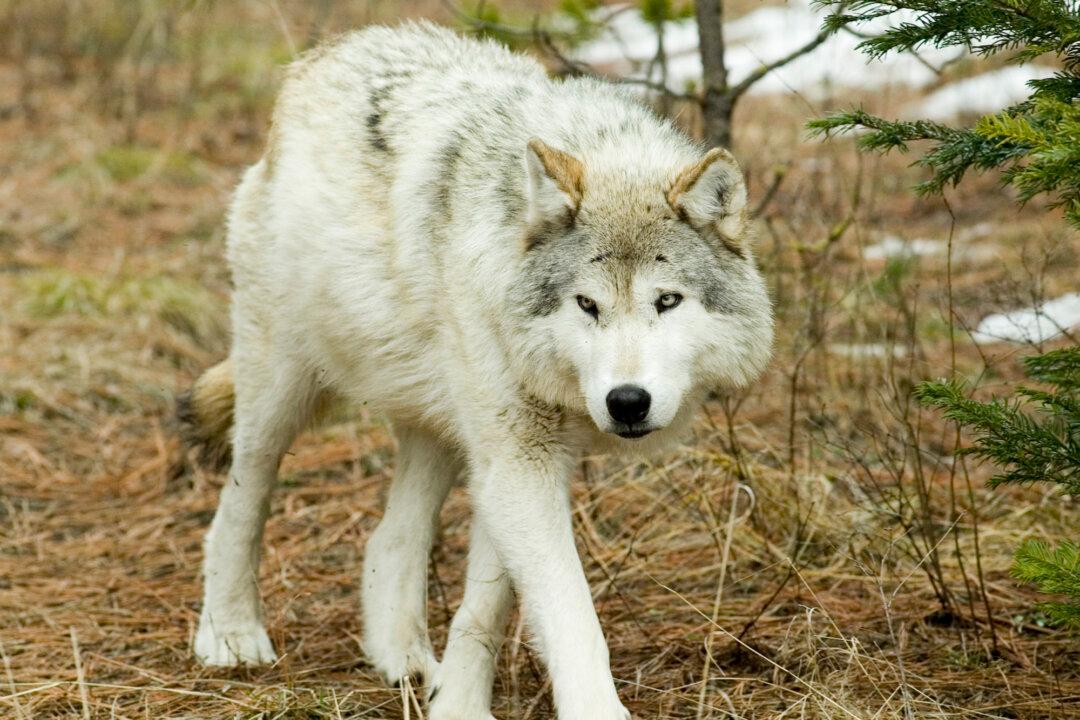With several books and many films under the Dutchers’ belts, including Discovery Channel’s successful documentary “Wolves at Our Door” (which garnered an Emmy for Jim’s cinematography and one for his wife Jamie’s sound mixing), the couple has produced an enthralling addition to their body of work. Their latest effort, a book called “The Wisdom of Wolves: Lessons From the Sawtooth Pack,” reveals a surprisingly human face under wolves’ furry hides.
Chronicling the period from 1990 to 1996 when Jim Dutcher was given captive pups and allowed a permit to set up a 25-acre wolf observation camp in the Sawtooth Mountains in Idaho, the book documents how the couple raised the wolves that have become known as the Sawtooth Pack.





